Choosing the Right Size Generac Generator for Your Home
A 2021 report showed that major weather-related power outages are becoming more common in Pennsylvania.
There are a lot of essentials to consider when it comes to storm preparation, but a residential standby generator is arguably the most important. These machines are great for keeping your home safe and habitable during a storm.
Before you purchase, you need to know what size generator is best for your home. Our generator size guide is here to help.
Read on to learn everything you need to know about choosing the right Generac generator for your home.
Things to Consider When Selecting Your Generac Generator
Having a generator on hand might feel unnecessary, but trends are suggesting that blackouts could become more common in the years ahead. Having a machine capable of powering all your appliances is a luxury you might not appreciate until you live through an extended power outage without one.
The first thing you’ll need to think about when choosing a generator is the appliances you need while the power is out. Even if you don’t experience power outages that often, having the right generator for your home can provide a lot of necessary peace of mind when they do occur.
A home standby generator is great for providing emergency backup power.
These are permanently installed fixtures that operate automatically whenever they’re needed.
When an outage occurs, the generator motor is started and the automatic transfer switch isolates the electrical system from utility lines, connects to the generator, and begins powering your home within seconds.
A standby generator can run on either liquid propane or natural gas from your home’s utility line.
It’s important to decide which you’re going to use before you begin looking at units, as it’s going to help limit your search and make things easier.
Liquid propane is typically cheaper than natural gas, and also less contaminating to the environment. Natural gas generators don’t have to be refilled, though, and you won’t have to worry about keeping propane on hand throughout the entire storm season.
Whole-home generators can get noisy.
They typically range from 65 to 69 decibels, so it’s important to consider that when thinking about not only the generator but also its placement.
Determine Your Home’s Wattage
Power outages cost Americans an average of $150 billion a year in spoiled food, lost productivity, and other costs. Choosing the right size generator can end up saving you time and money in the long run. To do this, though, you’ll need to learn what your home’s wattage is.
This home standby generator sizing calculator is great for getting an estimate of your home’s power usage. From there, you can meet with a professional to discuss all your options and get a custom quote for your home.
Sizing Guide
The most important part of choosing a generator is considering its size. Too small and you won’t be able to power your home.
10KW Generator
An 10KW generator is enough to run at least most of the larger appliances in your home. It’s best to be selective about what you run at the same time while the power is out, though. Here’s what you can usually expect to have on:
Refrigerator
Small appliances
Lights
Freezer
Window air conditioning unit
Washing machine
Dishwasher
TV
Remember, running all these at once can place unnecessary strain on the generator, especially if you’re running things like the refrigerator or air conditioning at the same time. There are ways to solve these problems, though.
18KW Generator
If you need a bigger generator, this size might be great for you. When you increase to a 16,000-watt generator, you’ll begin seeing the conveniences return to your home. You’ll be able to run all your essential appliances, along with a few extra comforts:
Well pump
Hot water heater
Larger central air conditioning unit
TV, laptop, or other entertainment systems
Internet router
Multiple small kitchen appliances simultaneously
While a 18KW generator is capable of running everything a 10,000-watt unit can and then some, it’s still important to not overload your generator. Remember that each small kitchen appliance uses about 1,000 to 1,500 watts, and you can easily overload your system if you’re not careful.
24KW Generator
If you live in a larger home or have more appliances that you need to power, running a 24KW generator is the smart choice. Moving to this size means you won’t lose out on any of the power you use daily, depending on the size of your home. Here are a few of the things you can run:
Essential kitchen appliances
Lights
Washer and dryer
Computers
Internet router
TV or console video game systems
Multiple air conditioners at the same time
Small appliances
Water heater
While you can still overload a generator of this size, it’s a lot harder. If you’ve been diligent about adding your total wattage and consulted a professional about your installation, a Generac generator should have no problem covering all your home’s electricity needs.
Grab Your Generac Generator Today
When the time comes to choose your Generac generator, remember to put your home and its needs first.
While you might not need access to all of your appliances when the generator is in use, it’s great to have access to a few extra comforts. Going for the bare minimum can save you money, but will it be worth it in the end?
Luckily, you don’t have to decide on your own. Contact us for help choosing the right generator.


